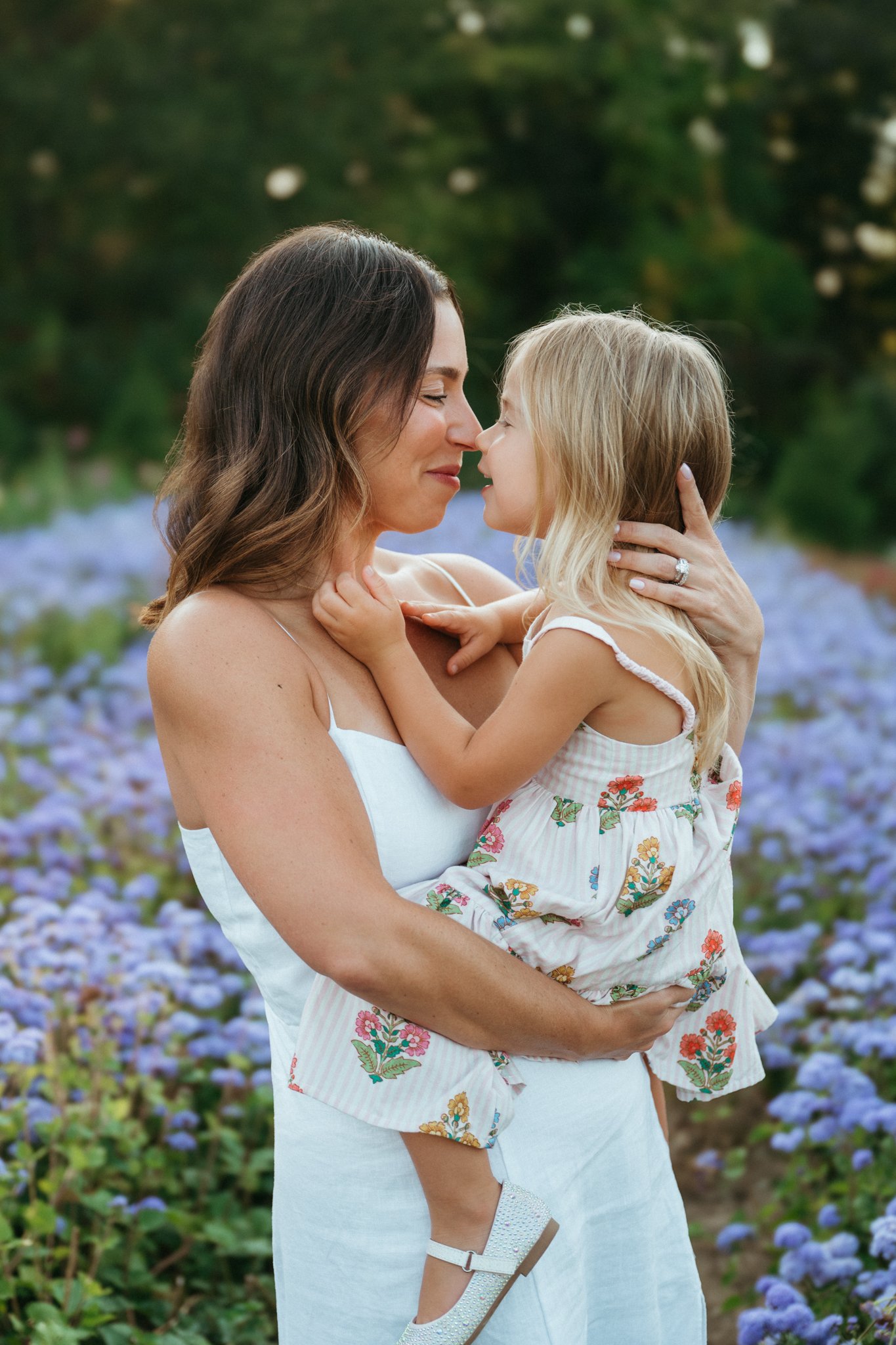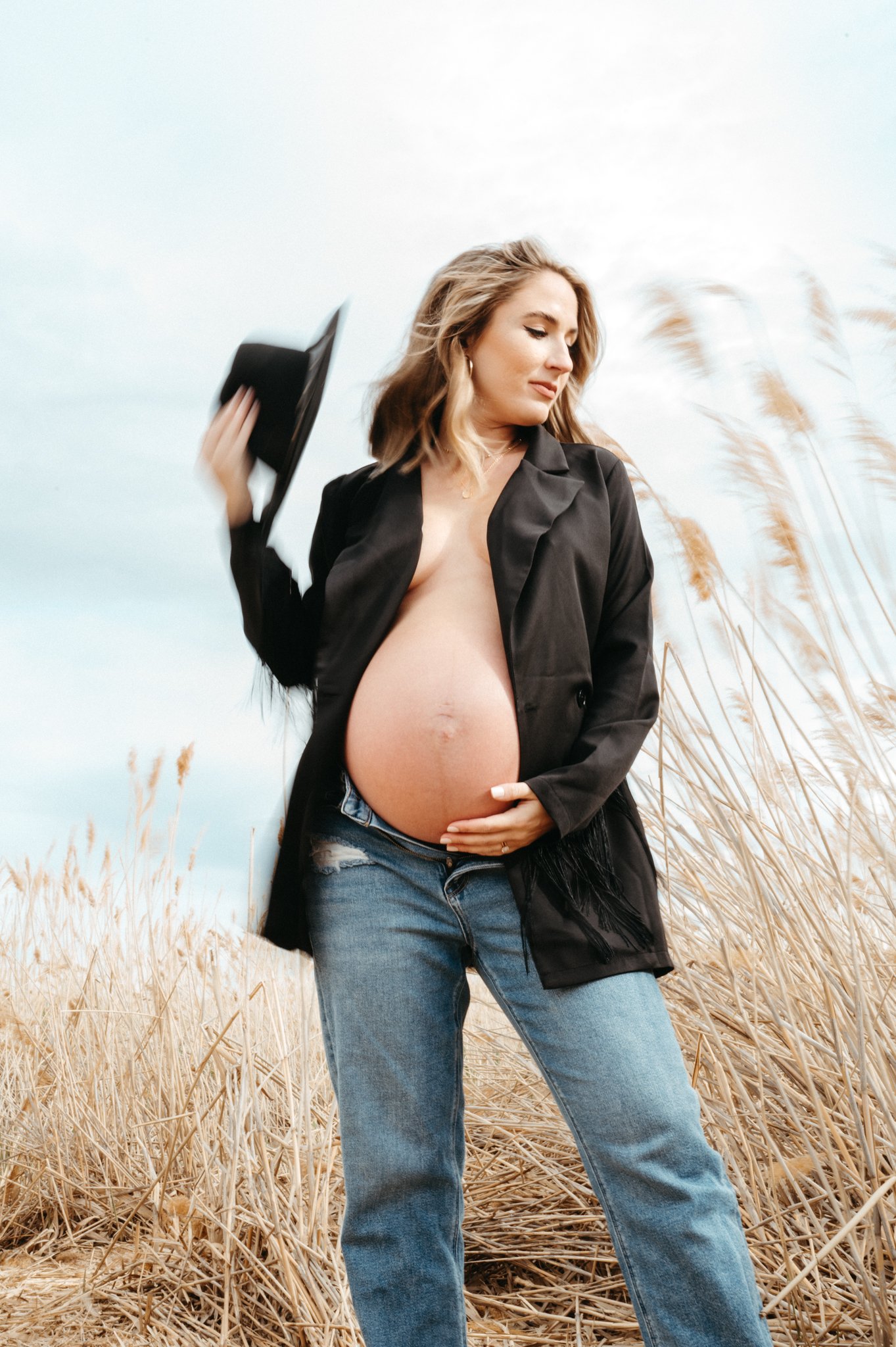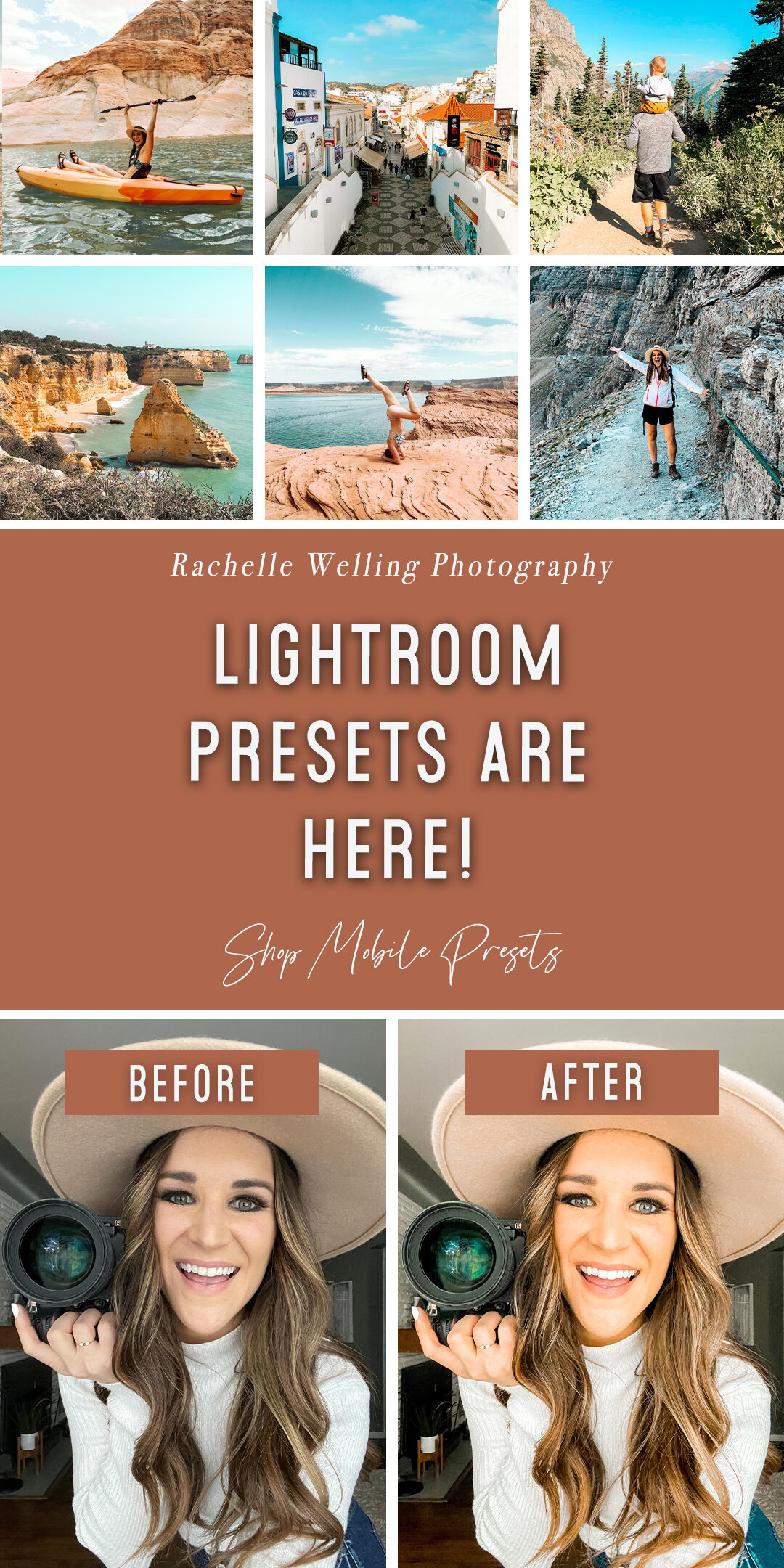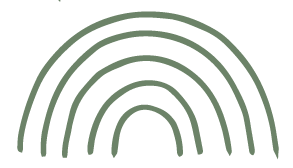13 Things You Need to Start a Photography Business in 2023
/Photography is one of those professions where you can enter and start charging without needing a degree or prior work experience in it. If you’ve always had a creative eye and are keen on charging for your photography, you’ve come to the right place.
Here’s everything you need to start a photography business in 2023:
1. First things first, you obviously need a camera. This is the camera I use as a professional photographer at the time of writing this, January 2023. I should mention this is a full-frame, mirrorless camera. There are plenty of other camera options out there, which I explore in this blog post: 16 Cameras for All Levels and Budgets in 2023. During my first unpaid shoots, I was using a crop-sensor DSLR, the Nikon D3000. When I started charging, I upgraded to a full frame DSLR, the Nikon D750. After getting comfortable with that, I upgraded a year later to the Nikon D850. Then about 9 months after that I was ready to switch to mirrorless so I purchased the Nikon Z6II. That’s what I still have today and absolutely love shooting with. Keep in mind if you plan to shoot weddings, you need a backup camera body and lenses.
2. Lenses. Lenses are very personal preference when it comes to focal length. I personally live and die by the holy grail, my 24-70mm. And that’s after I swore I was a prime-lens-only shooter. If you’re reading this I’m guessing you aren’t sure what you need yet, and that’s totally fine! If your budget is tight (I know the 24-70mm isn’t cheap!) I would recommend a 35mm lens. That’s only if you have no room in your budget for any other lenses. Before I found out I loved the 24-70mm, I was shooting with 2 camera bodies on me at all times and I had one with this 24mm lens and the other with this 50mm lens.
3. Memory cards. My camera has a dual card slot, which I love because I never have to worry about a memory card getting corrupted and losing files from a photoshoot or wedding. I choose the backup option in my camera settings so it writes the same images to both memory cards. My camera takes an SD and an XQD or CFexpress. I’ve linked below the exact cards I use at every shoot.
4. Batteries. Your camera comes with one of course but you’ll want to purchase extra. I have a few backups on my at all times in my camera bag.
5. If you plan to photograph anything indoors (weddings, events, in a studio, etc) you’ll need OCF which stands for off-camera flash. I love using this flash below that sits on the hot shoe on top of my camera body. Before you go purchasing the cheap Neewer version on Amazon, let me just say that I did exactly that and it took just one event before I knew I needed to upgrade. Buy it nice or buy it twice.
6. You’ll need to purchase the Adobe Photography Plan, which is $9.99/month and includes Adobe Lightroom and Adobe Photoshop. I would also use this plan to cull photos in Adobe Bridge. Once you get more experience under your belt you can consider purchasing Photo Mechanic or another software that helps with culling, but it’s not a necessary purchase when you’re first starting out.
7. External hard drive. You’ll need this to import your photos onto so that you don’t take up all the space on your laptop.
8. Card reader. Use the card reader linked below to import photos from your SD card onto your laptop. Use this card reader to import photos from your XQD card onto your laptop.
9. I probably should’ve listed a laptop earlier but I sort of assumed you already had one you’ll use for your photography business. If not, this is the Macbook Pro that I currently use:
10. You’ll need a professional way to send pricing guides, contracts, and collect payment. We do this through a CRM tool. CRM stands for customer relationship management. I use Honeybook. Use code “RACHELLE” or follow this link for 50% off your first year.
11. Once you’re making money doing this (and you will!) you’ll want to keep track of your finances for tax purposes. I use Quickbooks Self-Employed. Get 50% off by signing up through this link. Once you set up your Honeybook account, you can link it to Quickbooks so all of your invoices are easily accounted for without any extra work on your end.
12. You’ll need a website where people can find you and inquire for your services. When you sign up for Honeybook, you can create a contact form that links to your website. So whenever someone inquires on your website, it creates a profile for that person and project. Honeybook helps to keep your head on straight as a business owner.
13. Social media accounts to promote your business. If you don’t talk about your business, no one will. Set up Instagram, Facebook, Tiktok, etc, and let people know you’re available for hire!
If any of this feels overwhelming, consider hiring a photographer who is a few steps ahead of you as your business mentor. If your budget is tight, there are endless videos on Youtube. Half the battle is mindset, if you think you can make a successful business out of this, you’re right.
I’m pulling for you!
xx
Rachelle


















































